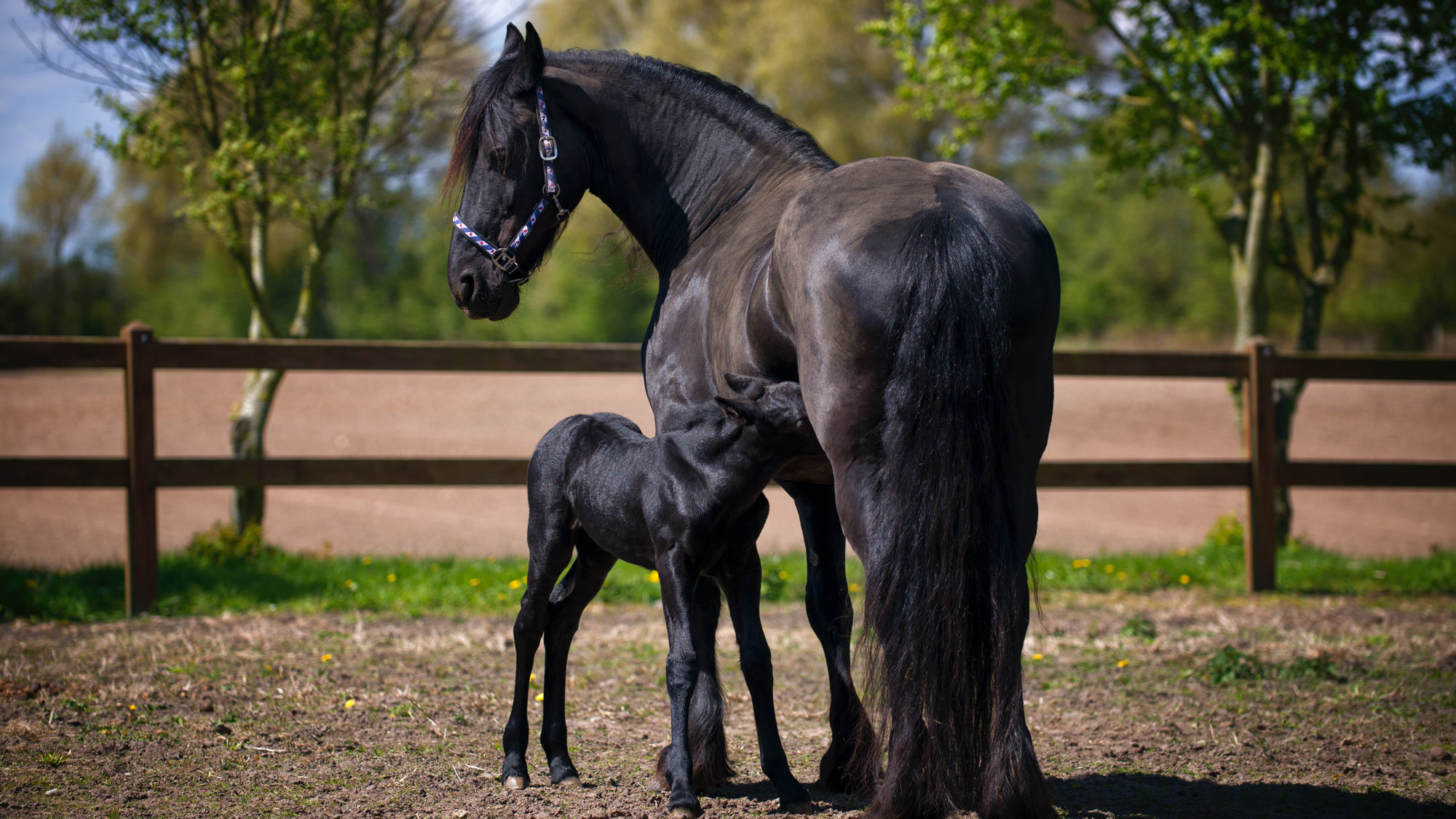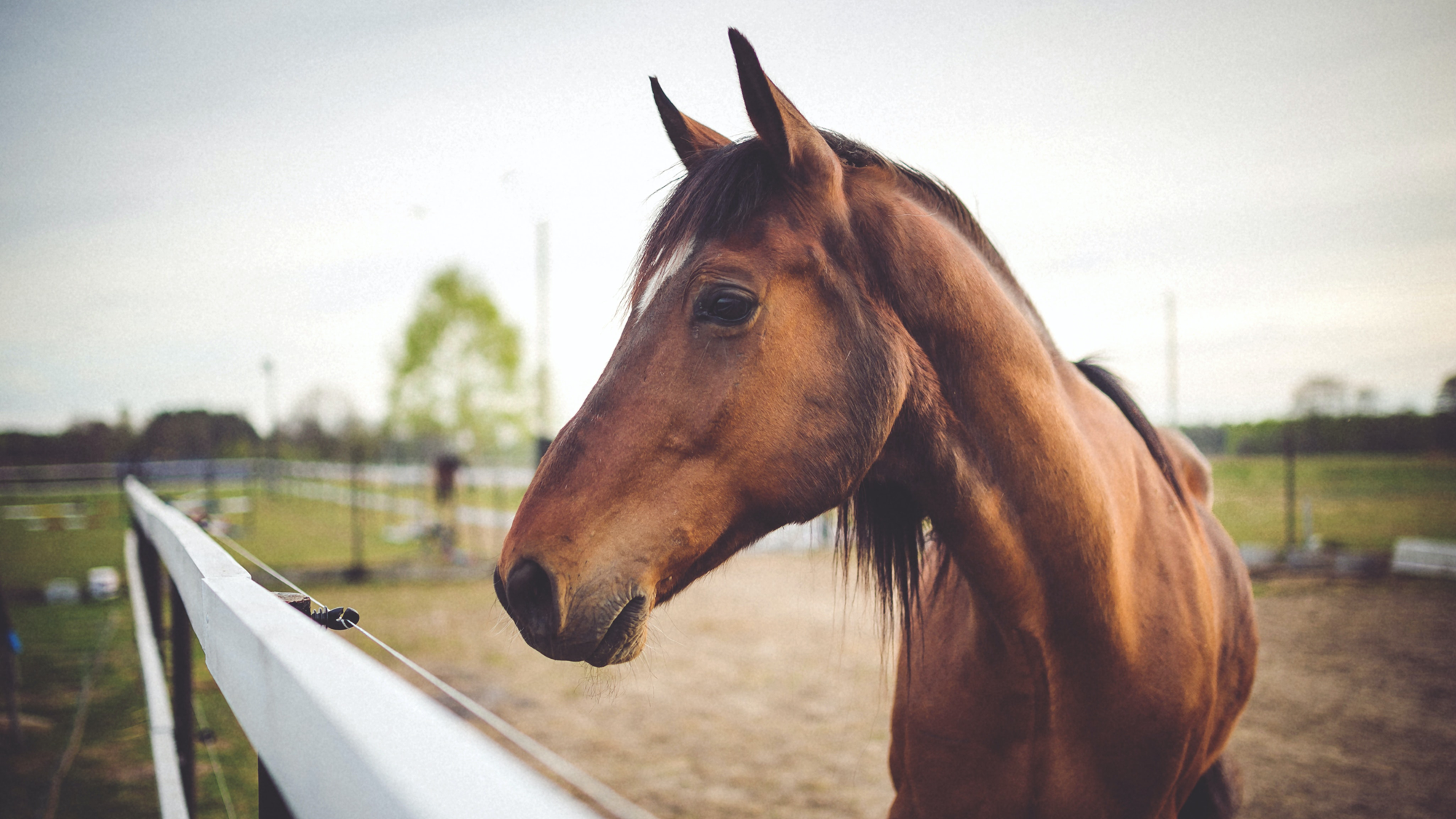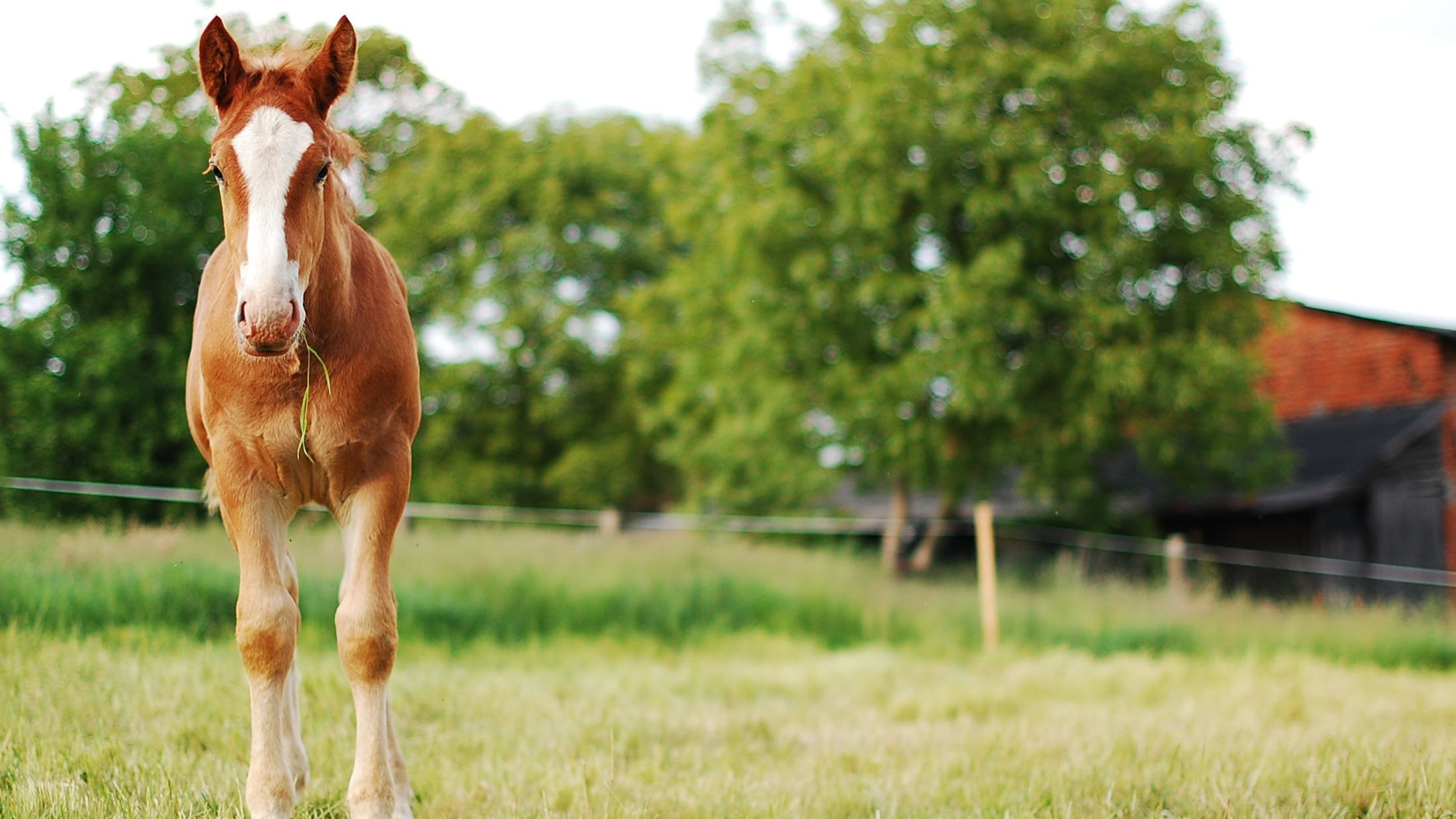If you’ve ever fallen in love with a horse, there’s a good chance you may have found yourself Googling “equestrian properties for sale” before you even realized it. And, if you have, you may even have found a few promising properties for sale! As promising as they look, though, if you’ve never bought a horse property before, you may be understandably feeling a little lost when it comes to what you should be looking for. Be assured, though, you are not alone!
Many aspiring horse property owners like yourself will feel unsure in their real estate search. But, by simply following these 8 simple tips, buying a horse property of your very own can be a breeze!
1. Find a Knowledgeable REALTOR®
Just as you wouldn’t expect a dog-lover to possess the medical knowledge of a veterinarian, no one is expecting a horse-lover to know everything there is to know about equine real estate. That’s where a real estate agent specializing in horse properties comes into play! They will be able to guide you on your search for the perfect property for you and your horses with expert advice on the market. Plus, they will also be able to help refer you to other knowledgeable industry professionals that can help you with the rest of your property needs, from mortgages to inspections to construction!
2. Know Your Needs for the Property
Not all horse farms for sale are made equally and in order to best determine what you’re looking for in a property, you’ll need to know what you want to be able to do with it! If you’d like to be able to ride on the property, you’ll be looking for quite a few more acres than someone who may just be looking to stable a few steeds. If you are looking to train or teach, you’ll want to keep an eye out for something that may have an existing corral or the potential for one to be built. And if you’re wanting to use the property for commercial purposes, you’ll want to confirm it meets all the coding requirements.

3. Know Your Long-Term Wants for the Property
It’s easy to get stuck in the shorter-term thinking of what your needs are right now, like budget and the number of horses you currently own. But, it’s important that when looking at equestrian properties for sale, you are thinking about what your long-term goals are with the property. Do you want to be able to expand to bring on more horses? Then a small horse farm for sale might not be what you should be looking for.
4. Know Your Location
Things like paint and stable location can actually be much simpler than you think; property location, however, is permanent. You can’t pick up your new pasture and move it a few towns over when you discover that you’re too far away from work. So, when looking at horse properties, be aware of where you are looking and make sure the location fits your needs first. Will you have access to the amenities you need? Will it give you a terribly long commute? Will you have access to horse-friendly trails?
5. Look for the Right Type of Land
When buying a horse property, you are typically looking for pasture land for the horses to graze on with good drainage to prevent flooding. And if you’re looking at quite a few acres, ask the current owner about the different types of plant on the property. The last thing you’ll want to be surprised by is a horse that may have eaten a toxic plant!

6. Educate Yourself on Regulations
Before diving in too deep, make sure you take some time to inform yourself of the regulations and best practices for owning a horse property. Take a read through of the Code of Practice for the Care and Handling of Equines and get a better understanding of the guidelines you’ll need to follow on your new horse farm.
7. Ask About the Water
Horses, like humans, need access to a clean and steady water supply. Ask the current owner what the water has been like in their tenure on the property and whether they’ve had any struggles with it in the past.
8. Don’t Skimp on the Inspection
Many potential property owners will often fall into the trap of thinking they can save money by skipping the property inspection. NEVER DO THIS, especially when buying farmland. Licensed inspectors are trained specifically to be able to tell you about the overall safety of the property, as well as point out any potential areas of concern that could lead to further costs in the future. They will be able to check the age and condition of any stables and fences, as well as assess the plumbing and electrical to make sure it is all up to code.
If buying a horse property is next on your wishlist, you can do so confidently by following these 8 tips. Ready to start your search? Let’s get started!

 Facebook
Facebook
 X
X
 Pinterest
Pinterest
 Copy Link
Copy Link

